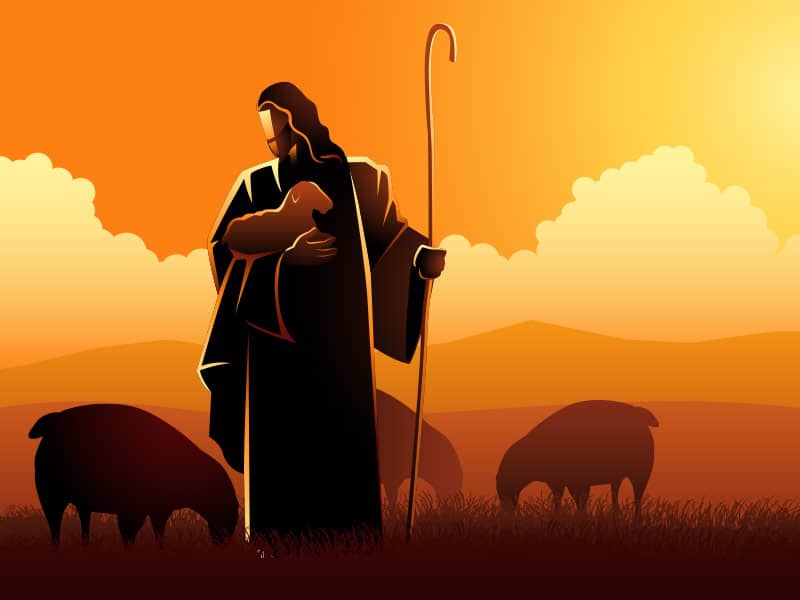Delegates to the church's triennial General Convention, meeting here through Thursday, rejected a resolution on Friday night asking for guidance on the "sin of heterosexism"--the preference and power given to straight people at the expense of gays and lesbians.
The measure failed in the church's House of Deputies, comprised of more than 800 church lay members and clergy, and will not go for a vote in the 200-member House of Bishops.
The Rev. Gayle Harris, pastor of St. Luke and St. Cimon Cyrene Episcopal Church in Rochester, N.Y., said the church is already divided into too many factions, and delegates were hesitant to create more labels.
"I think people are afraid of labels and don't want to be put into categories that are negative," Harris said. "The reality is that there is racism and racists, and elitism and elitists, but I think there was some fear that this would further divide the church by labeling."
Admitting to the sin of heterosexism would have been a first for a major Christian denomination. Almost every Christian body is polarized by the issue of homosexuality and the role of gays and lesbians in the church, but few--including the liberal-leaning Episcopal Church--are willing to admit they are guilty of favoring heterosexuals over gays and lesbians.
In a special committee formed to handle all sexuality-related issues, delegates drafted a resolution that asked for guidance on heterosexism when the church meets again in 2003. Heterosexism is defined as "a systematic form of injustice in which heterosexual persons are advantaged economically, societally...at the expense of homosexual persons."
The admission would have placed heterosexism on the same level as institutional and personal discrimination based on race, gender or class. Before it was defeated, delegates first rejected the idea of heterosexism as a "sin."
Supporters cast the measure as a major, mostly symbolic step, even for a church that has long been open to gays and lesbians and in some areas ordains them as ministers and blesses same-sex unions.
"Anything that divides us from one another, and thus from God, is sinful," said Bishop Chester Talton, a suffragan bishop in Los Angeles.
While sweeping in its theological implications, the measure was also particularly significant as the church prepares to debate whether to create special services that will bless same-sex unions. Currently, that decision is left up to local bishops and dioceses, and a church report largely recommends to maintain the status quo. Changes to the report, however, could be made by the end of the convention.
There was major concern, however, that calling "heterosexism" a sin would unfairly label heterosexuals as biased against gays and lesbians. Supporters said there was a distinction between individual heterosexists and the predominant culture that excludes gays and lesbians.
"Being heterosexual in and of itself is not a sin, but its the exercise of inordinate power of one group over another that is sinful," Talton said. "And all of this is about unearned power."
While the church refused to create an additional category of wrongdoing--and by extension, wrong-doers--Harris said the church still needs to face its problems.
"It's not going to go away just because we refuse to use the word," she said.

